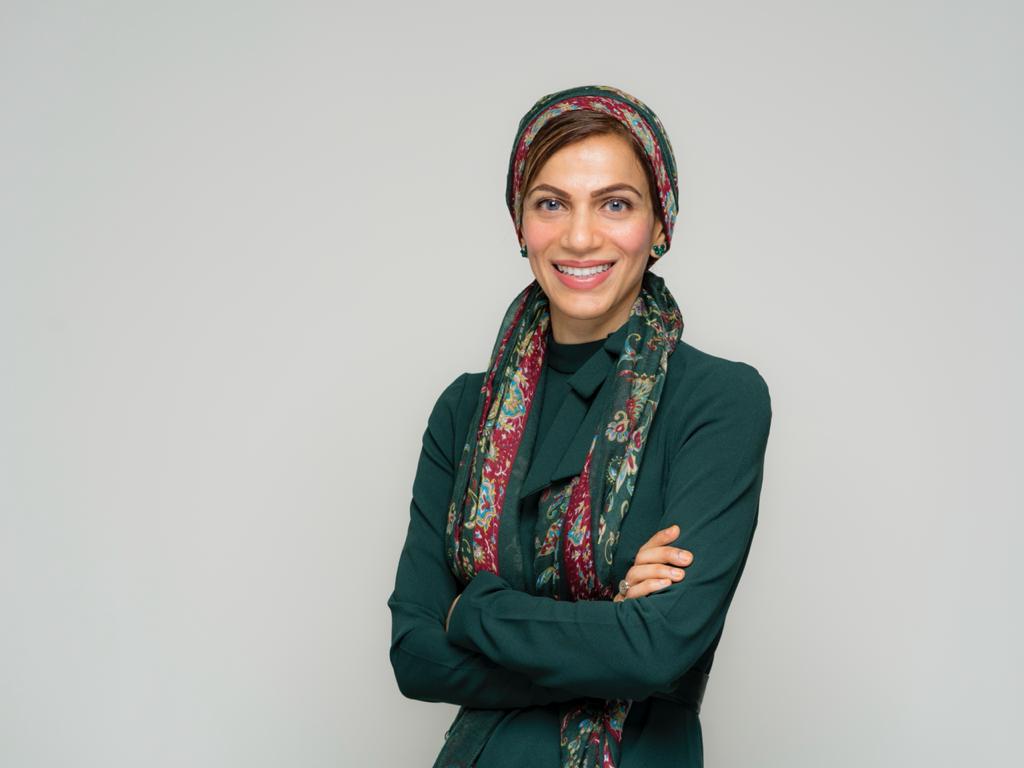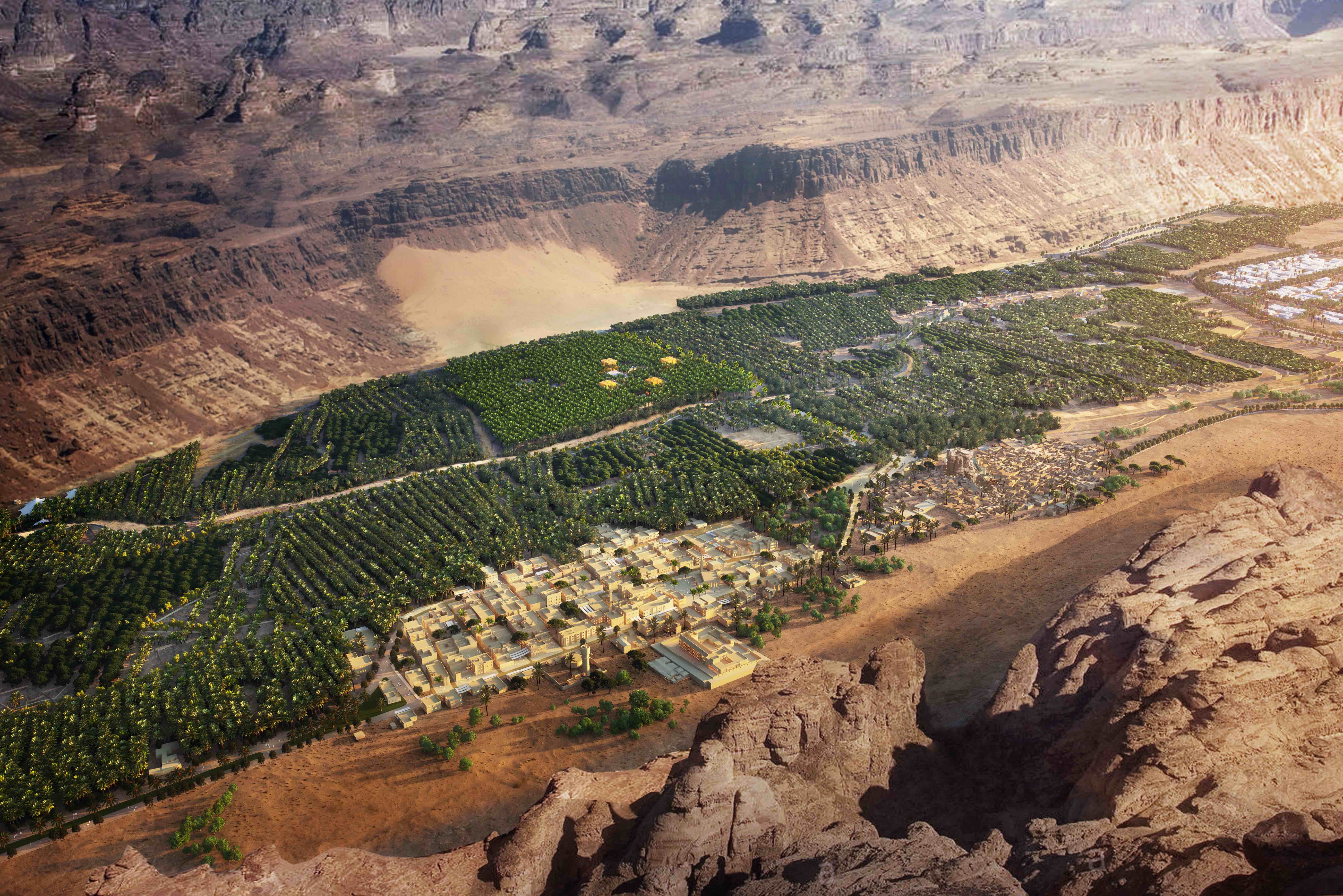AlUla, the ancient valley in Saudi Arabia’s Madinah region, home to 200,000 years of still largely unexplored human history, continues to play a central role in the Kingdom’s tourism strategy.
In a bid to pave the way for the area’s future growth, the Royal Commission of AlUla (RCU) has announced that it will embark on its future projects by adhering to sustainable practices.
“At the RCU, we are constantly looking for new ways to engage and work with our expert partners, stakeholders, and the AlUla community,” Amr Almadani, CEO of RCU, told Arab News. “Our success is driven by these ever- deepening collaborations. These local and global perspectives continually push us as we work to deliver on our objectives towards the goal of sustainable development in AlUla, and more broadly, contributing to the diversification efforts outlined in Vision 2030.”

Dr. Maliha Hashmi, executive director of health, wellbeing and biotech at NEOM. (Supplied)
RCU is pursuing a carbon-neutral strategy, supported by the basic principles of a circular economy. It also announced that it will build infrastructure that will help create tens of thousands of jobs, and will empower the local community by providing training and opportunities for new career paths.
AlUla’s new sustainable approach to its future will be discussed during a panel, the first in a series titled “At the crossroads: people and planet: can AlUla unlock a sustainable future?” on April 2 with panelists dialing in from AlUla and virtually. It will focus on integrated, 360-degree approaches to sustainability, where experts will discuss the complex layers, synergies, and conflicts of social, economic, and environmental sustainability.
Panelists include businessman and entrepreneur Alejandro Agag, former prime minister of Italy Matteo Renzi; architect and leader in sustainable design, William McDonough; James Hardcastle, the director of IUCN’s Green List ; Carlos Duarte, a leader in multiple branches of biological oceanography; Gérard Mestrallet, the Executive Chairman of Afalula, the French agency for Alula Development. Both Renzi and Mestrallet are members of the RCU advisory board.

Royal Commission of AlUla (RCU) has announced that it will embark on its future projects by adhering to sustainable practices. (Supplied)
“When we think of sustainability, we look to the civilizations of the past for inspiration,” added Almadani. “We seek to apply innovative approaches to ancient wisdom to come up with new ways to protect AlUla’s natural landscape and its people and secure its legacy in the years to come. This is the core inspiration of Crossroads, using the past to chart the best path into the future.”
Through Crossroads, RCU aims to bring together global experts across all sectors to challenge and fine tune its ideas regarding sustainability, pertaining to the ancient region’s future growth.
Proposed by RCU as “solution-driven” discussions, the panels will touch on key elements of its “Journey Through Time” masterplan, outlining the first and most important phase of AlUla’s development.
“The topic of integrated sustainability is being discussed at the forefront of all development projects currently underway in the Kingdom of Saudi Arabia,” Dr. Maliha Hashmi, executive director of health, wellbeing and biotech at NEOM, Saudi Arabia’s planned cross-border city in the Tabuk province, as well as the first Crossroads panel’s moderator, told Arab News.
“As we work towards a better, more sustainable future for our people, our environment, and our economic systems, we must embrace new technologies and solutions, but also understand the lessons and traditions of the past.”















